Silent Killers: 38 Million Dead, and the West Still Calls Sanctions a “Peaceful" Policy
The Human Cost of Economic Warfare
The Hidden War Most Never See
When most people hear the word sanctions, it doesn’t set off alarm bells. It sounds like a boring, technical, bureaucratic measure—a policy tool deployed quietly in diplomatic backrooms. Nothing dramatic, nothing violent. But appearances deceive. Sanctions are not neutral, and they are not harmless. Sanctions kill indiscriminately.
Groundbreaking new research published in The Lancet Global Health has shattered the myth. For the first time, economists have taken a sweeping, global view of sanctions and their consequences. Their conclusion is staggering: sanctions imposed by the United States and the European Union have contributed to 38 million deaths since 1970.
That’s not a typo. That’s not speculation. It’s the measured human toll of a weapon most people don’t even recognize as such.
Sanctions as Weapons
Sanctions are often presented as a peaceful alternative to war. But this framing is a dangerous illusion. They are war—just by other means. Their purpose is to destabilize, to suffocate, to push entire nations into crisis until governments bend or collapse.
Over the past half-century, countries in the Global South that dared to pursue independent paths found themselves economically strangled. Access to global trade, finance, food, and medicine was cut off at the source. Leaders may have been the target on paper, but the reality was that it was ordinary people—the poor, the sick, the vulnerable—who bore the brunt of the consequences. This is not collateral damage. It is the point.
As I discussed in the Substack post about Syria:
“Economic sanctions are coercive instruments that intend to change the behavior of a foreign actor by increasing the cost of non-compliance with the sender’s demands. Sanctions have become a form of economic warfare and are routinely used by the United States and the European Union against more than two dozen sovereign countries that are not politically aligned with the senders, including but not limited to China, Cuba, Belarus, Russia, Iran, Central African Republic, Venezuela, Syria, Iraq, and Libya [1].
The status of the United States dollar as a global reserve currency enables the United States to use economic forms of coercion. Sanctions are designed to impose financial and economic hardship, and their actual effects depend upon the targeted entity’s ability to find alternatives as well as the sender’s capacity to increase their severity to cause more damage. Examples of economic and financial sanctions include restrictions on imports/ exports, withholding of economic aid or debt relief, prohibition of investments in key economic sectors, asset seizure or freeze, and restrictions on access to financial assistance, such as the International Monetary Fund and World Bank funding.”
The Chilean Blueprint
The blueprint was set in Chile. In 1970, Salvador Allende, a socialist, was democratically elected president. The reaction from Washington was immediate and merciless. President Richard Nixon instructed his advisors to “make the economy scream.” The historian Peter Kornbluh later described what followed as an “invisible blockade.”
Chile was cut off from international credit and trade. Inflation soared. Shortages spread. Daily life became unbearable. The destabilization was no accident; it was by design. Eventually, social unrest paved the way for a U.S.-backed coup. Allende was gone, and the dictator Augusto Pinochet seized power.
This was how sanctions worked: not by bombs dropped from the sky, but by tightening economic nooses until societies fractured.
The Syrian Blueprint
In 2019, the United States Congress, under the Trump Administration, passed the extraordinarily brutal “Caesar Syria Civilian Protection Act”. The Caesar Act imposed unprecedented economic and financial restrictions on Syria and prohibited other foreign countries from conducting business with the sanctioned country’s government or any entity that may be affiliated with it. The Caesar sanctions seek to address Iran and Russia, the two major allies of the Syrian government. Syrian child welfare has been severely impacted by the cruelty of the international sanctions regime, which have hindered humanitarian access and worsened shortages of essential goods like medicine, fuel, and food.
The impact of the brutal Caesar Act on the Syrian population was quite obvious as it increased restrictions on trade, investments, and even humanitarian support. Civilians could not access vital resources, and many have been left to die due to a lack of medical treatment.
The war in Syria did not succeed in overthrowing Syrian former President Bashar al-Assad, but it certainly devastated millions of innocent livelihoods before the US-backed former al-Qaeda/ ISIS leader came to power at the end of 2024.
Iraq—The “Genocidal” Sanctions
Iraq became one of the most infamous cases of economic warfare. After the Gulf War, U.S.-led sanctions plunged the country into a humanitarian catastrophe. Basic infrastructure crumbled. Hospitals lacked medicine. Children suffered from malnutrition and disease.
The most haunting detail was the denial of clean water. Iraq was prohibited from purchasing water pumps and treatment chemicals. Entire communities were left drinking contaminated water, with predictable results: waves of illness and preventable death.
UN officials who witnessed the devastation did not mince words. They called the sanctions genocidal. The toll was in the hundreds of thousands, many of them children. Once again, ordinary civilians were sacrificed at the altar of geopolitical leverage.
Venezuela, 2017–2018
Fast forward to the late 2010s, and Venezuela became the target of similar punishment. By 2017 and 2018, U.S. sanctions tightened with brutal force. The country was already facing economic turmoil, but the sanctions deepened the crisis, closing off access to imports of food, medicine, and even parts needed to keep infrastructure running.
The Lancet study estimated that in just one year, 40,000 Venezuelans died as a result of these sanctions. Not from war, not from natural disaster, but from deliberate policies that restricted their access to life’s essentials.
The story repeats: those who suffer are not elites in government mansions, but ordinary people struggling to survive.
The Global Numbers
For years, research on sanctions could only capture glimpses of their impact—one country, one crisis at a time. In the United States, this is, unsurprisingly, a topic of research that is unpopular. However, thanks to the work of economist Francisco Rodríguez and his team at the University of Denver, the full picture is now finally visible.
The researchers compiled mortality data across dozens of sanctioned countries from 1970 to 2021. Their findings defy belief. Over those decades, 38 million excess deaths can be linked to U.S. and EU sanctions. In the late 1990s alone, the annual death toll exceeded one million. In 2021, sanctions claimed more than 800,000 lives—more than all the deaths from warfare in that same year combined.
Children have borne a cruel share of this burden. Since 2012, more than one million children have died as a result of sanctions. They did not choose the politics of their leaders. Yet they paid the ultimate price.
Economic Warfare by Design
To dismiss this as an unintended consequence is to ignore history and the very nature of U.S. foreign policy. The intent has been spelled out in declassified documents. A U.S. State Department memo from 1960 described how to weaken Cuba after Fidel Castro’s revolution. The plan, written in cold bureaucratic language, was to “bring about hunger, desperation, and overthrow of government.”
Hunger as a weapon. Desperation as a strategy. Death as leverage. This was not an accident—it was policy.
Sanctions are not diplomacy. They are brutal economic warfare.
How the West Enforces Control
The reason the U.S. and EU can wield sanctions so effectively is simple: control. They control the arteries of the global economy—the U.S. dollar, the Euro, and the international payment system SWIFT. They dominate critical technologies, from cloud networks to satellites.
When Washington or Brussels decides a country has stepped out of line, it can be cut off from these systems in an instant. No trade, no banking, no technology. An entire society can be hurled into crisis at the stroke of a pen.
It is economic power disguised as policy. And the disguise has worked—until now.
Nevertheless, cracks are showing. Russia’s experience since 2022 demonstrates that, with difficulty, countries can build alternatives. Moscow has developed parallel systems to replace Western finance and trade channels. China has taken it even further, creating its own international payment network (CIPS) and the BeiDou satellite system as rivals to SWIFT and GPS.
Beyond these major powers, the Global South is experimenting with new forms of resistance. Regional trade in local currencies, shared technology development, and new cooperative institutions are emerging. For the first time in decades, there is a sense that dependence on the West may not be permanent.
It is the slow birth of an alternative order.
In the end, this is not a debate about economics. It is about sovereignty, dignity, and life itself.
We must ask: what kind of world are we willing to accept? A world where half a million people die every year from sanctions, where hunger and disease are deployed as weapons? Or a world where nations are free to pursue their own paths without fear of economic strangulation?
The data from The Lancet leaves no room for denial. The numbers are in. The human cost is clear.
Now comes the question of morality—whether we continue to tolerate economic warfare masked as diplomacy, or whether we begin to imagine something better.
A world not of coercion, but of cooperation. Not of domination, but of dignity.
The silent war of sanctions has killed millions. The silence must end.
I am so grateful for you taking the time to tune in today. And thank you for your support through subscriptions, especially paid ones, that allow me to continue contributing to this wonderful community here at Substack!



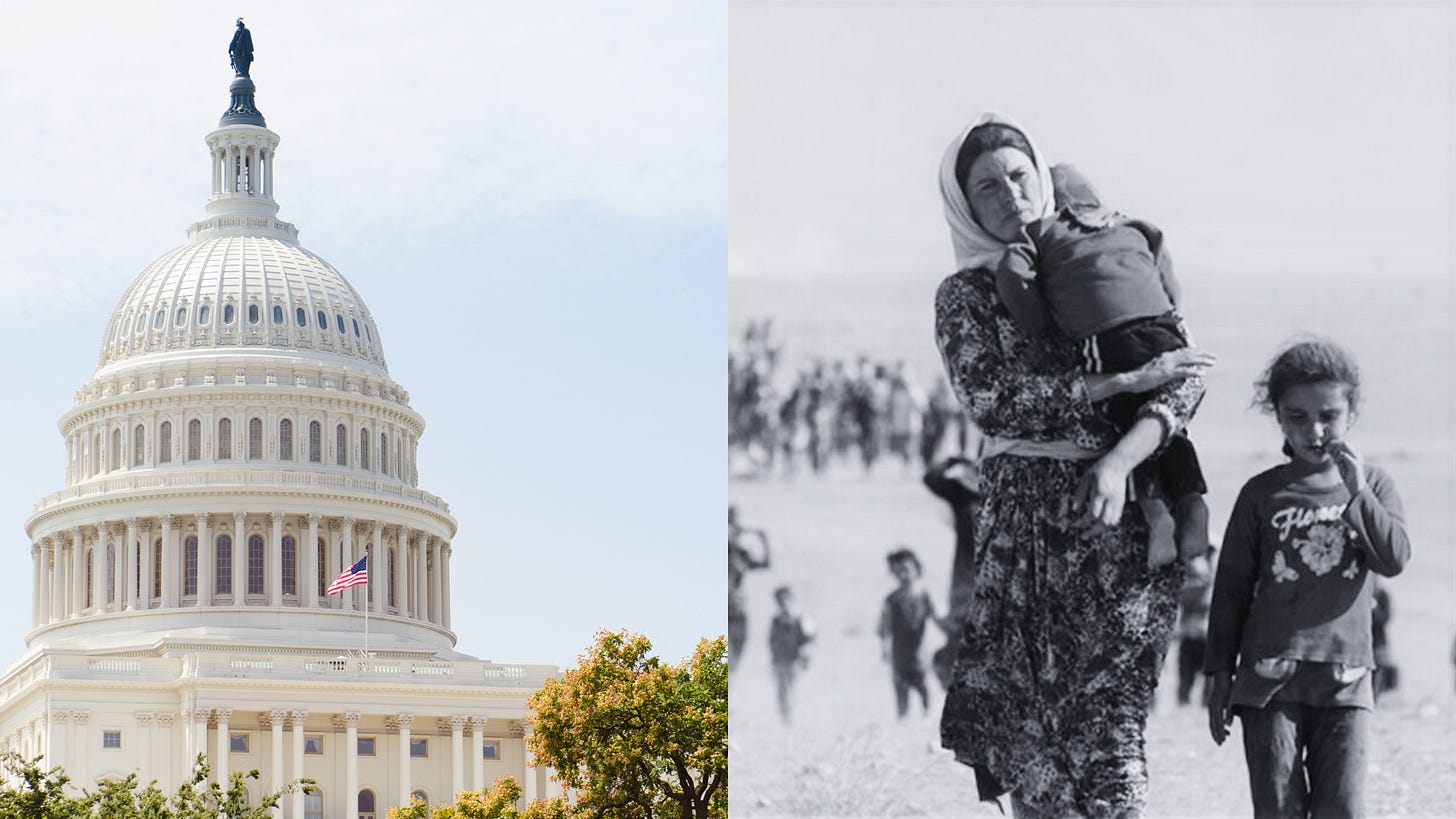
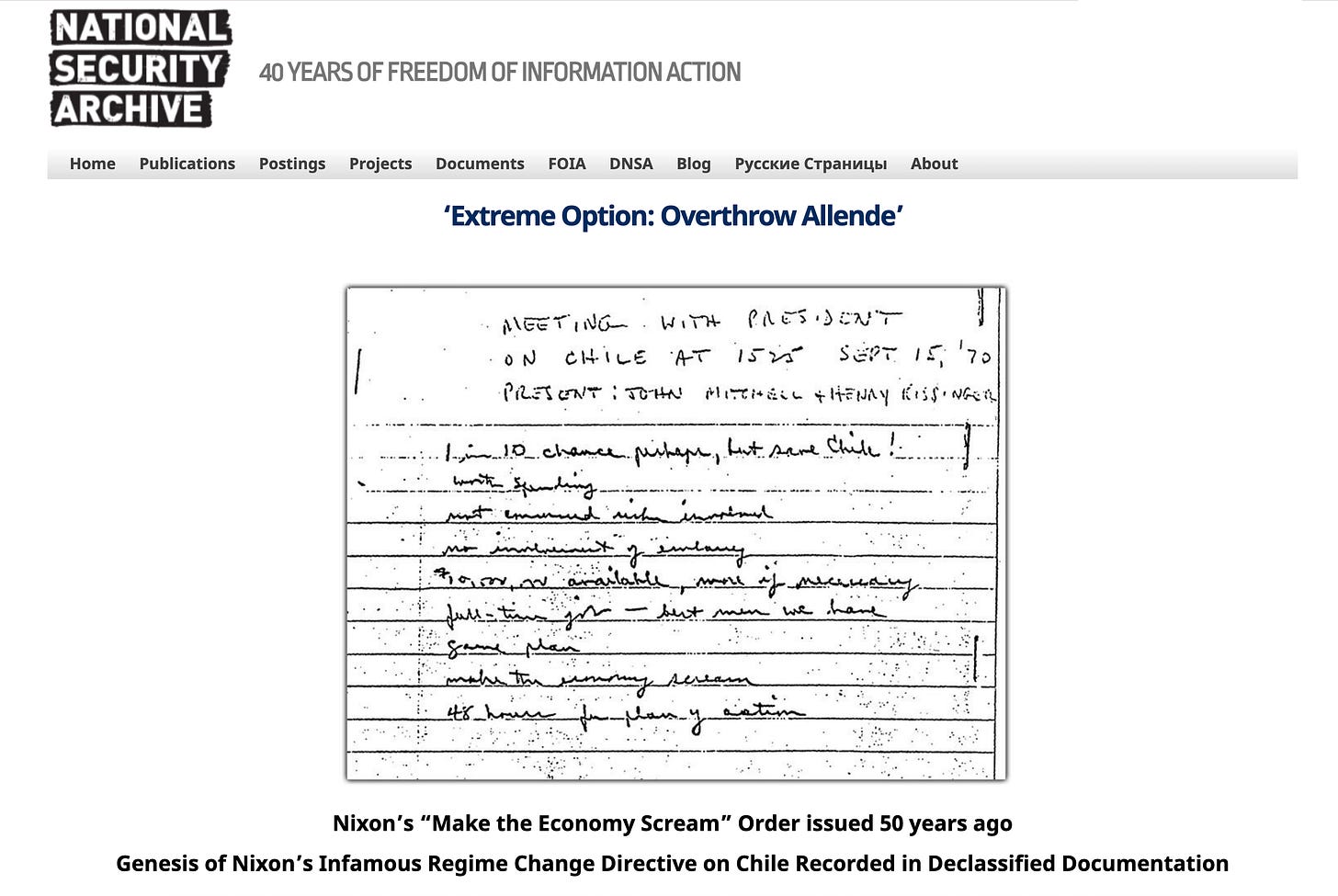
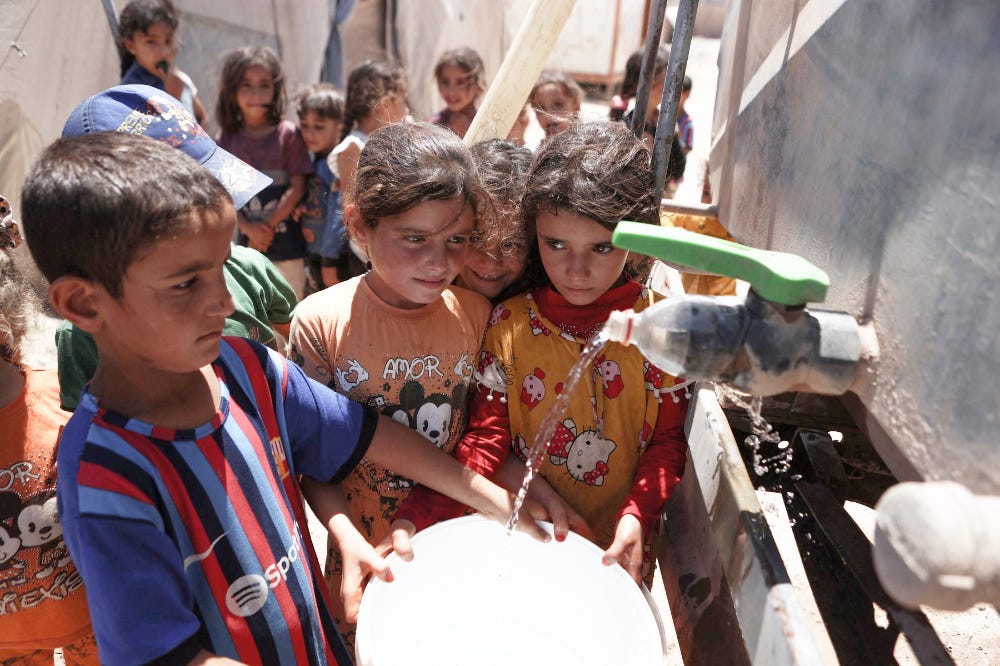
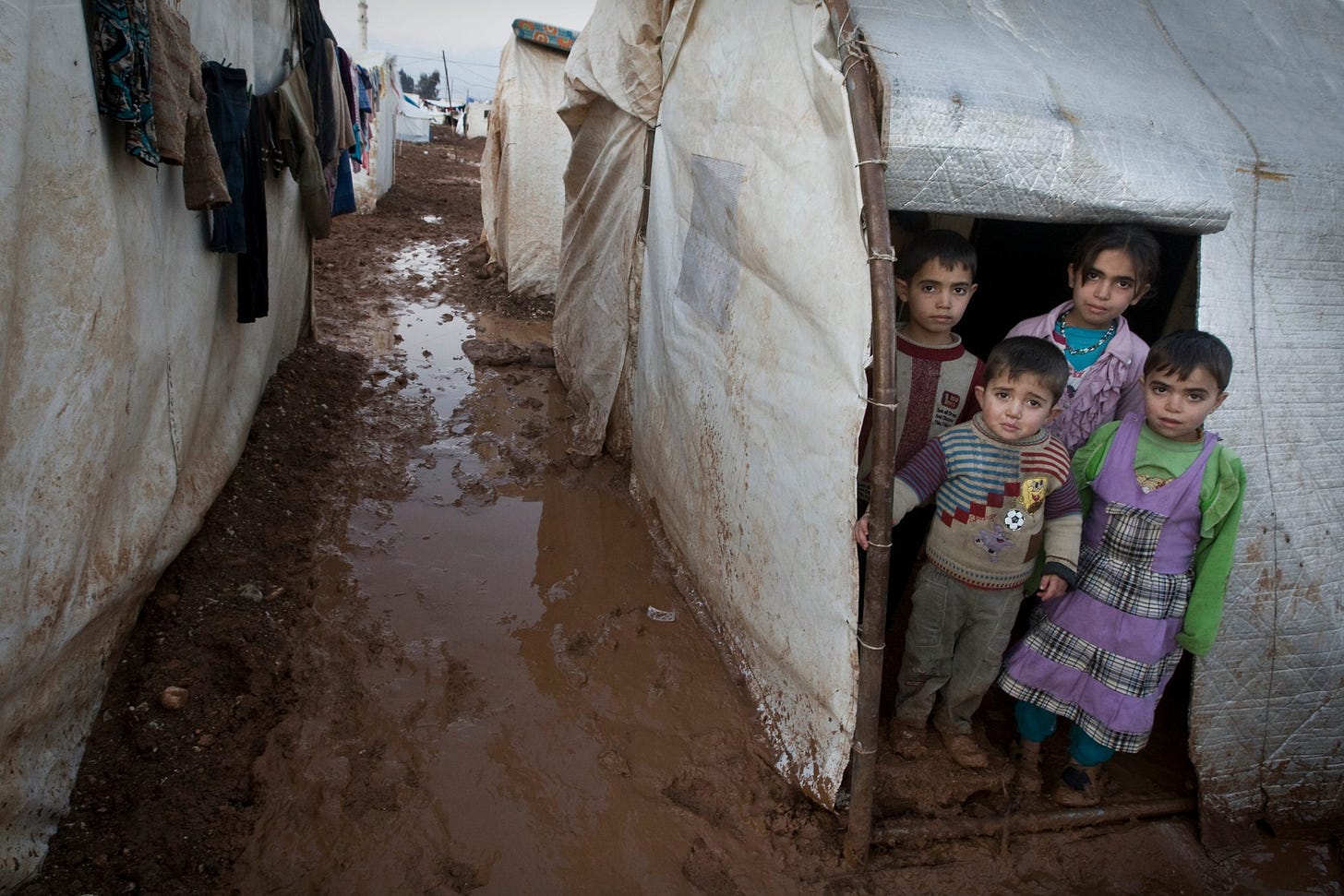
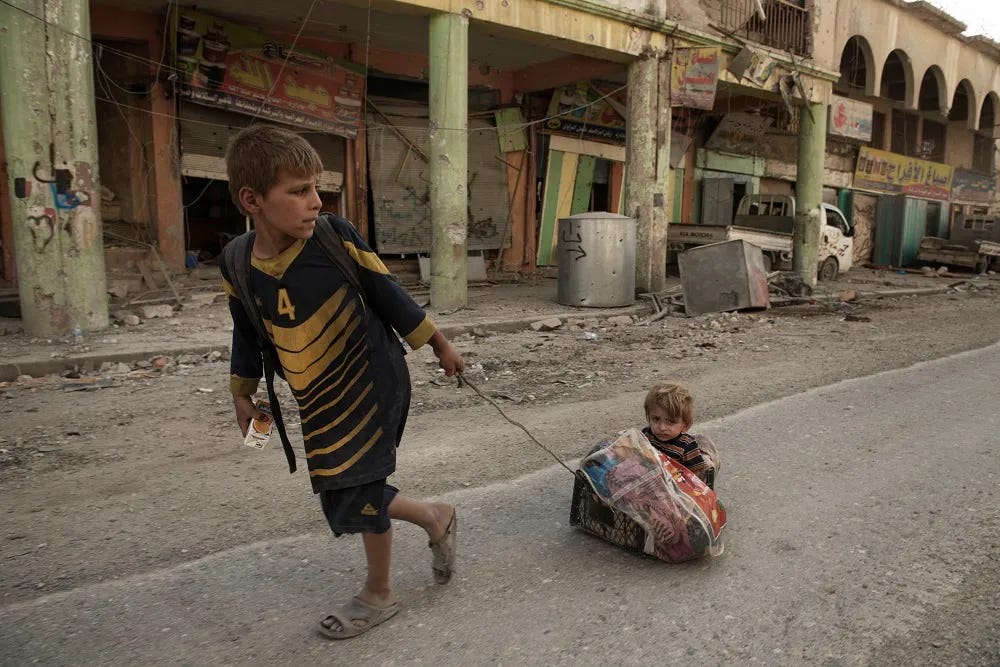
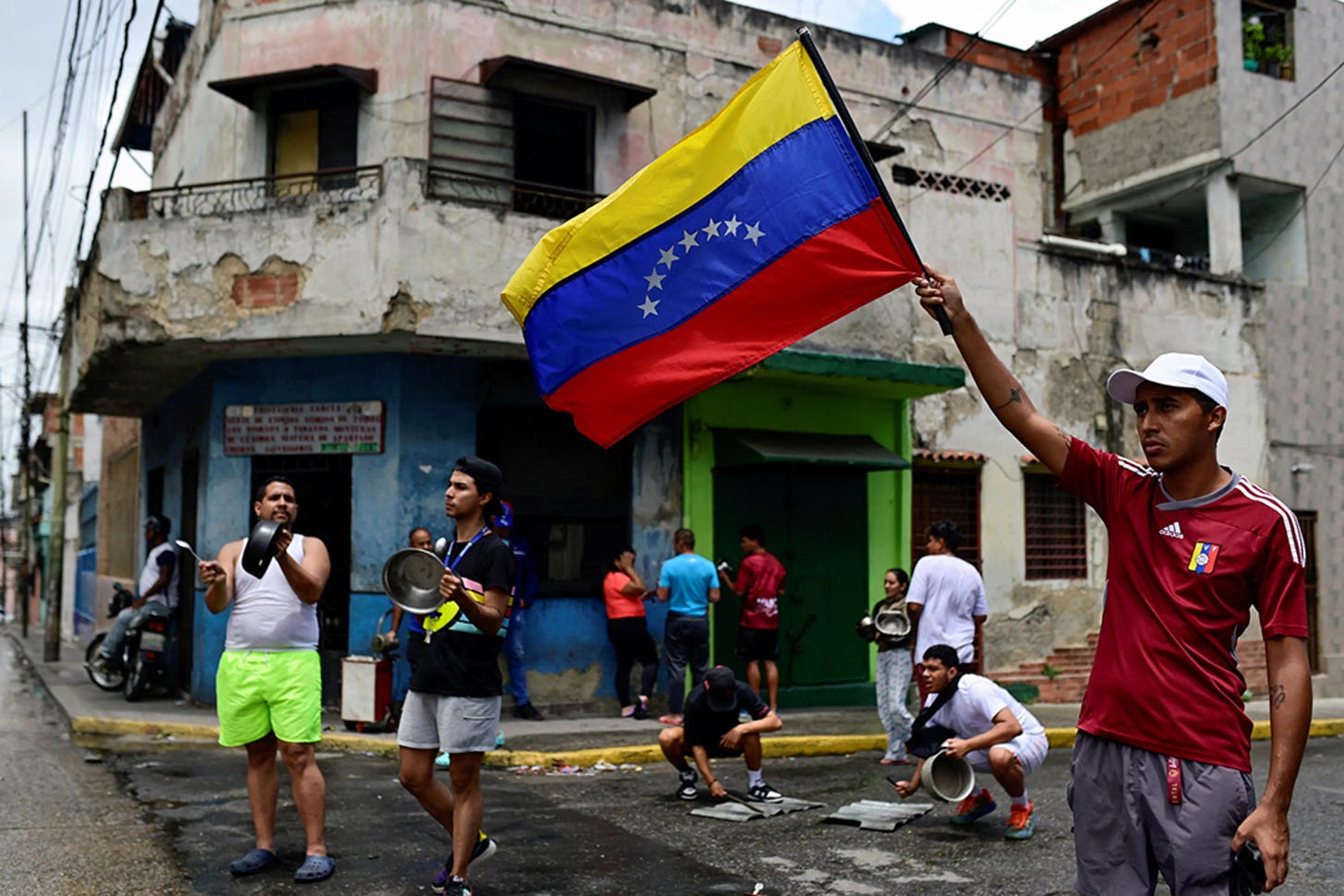
Good research. I had heard of this report from another source a week or so go and I have no doubt about it. The western Europeans, especially the British, never got over the fact that they lost their colonies starting after WWII. The U.S.A. kept telling the world that they didn't like colonies, while they used every coercion trick in the book to get countries to come to heel and send their money to the Americans in one fashion or another. The idea after WWII, was for the U.S. to supplant the devastated European colonies and colonizing governments with their own style of colonizing without too many boots on the ground. The only thing stopping them was the up and coming Russians. That's why we had a cold war.
Now that the decline of the last colonial empire is at hand, the Americans are doing all they can, even in defiance of international law, to claw back the colonial assets they think they have or want, at any cost. Nothing matters except pleasing the oligarchs. The U.S. is heading for a breakup similar to the Soviet breakup in the early 1990's. It won't be too much longer as economic inertia is now going too fast for anyone to stop it. Trump is just swinging the bucket of U.S. coins faster and faster as he spins in a circle, laughing with glee, as he makes billions from the economic crash that's coming.
Lena, if you had your choice, what country would you like/prefer to live in? Lena, what country has consistently offered the best solutions, quest for peace, humanitarian aid, equitable at all levels of government and administration that you find acceptable and the benchmark for other countries using similar economies, population, etc.? How many people do you think have been SAVED and wars averted by the use of sanctions? How about nuclear war(s)? While I agree there are biases when comes to sanctions, but how much are the countries themselves to blame vs laying the guilt at the feet of the West? Even the reporting is biased. The world screams at Israel for starving Gazans and yet Israel has shipped enough food/aid to take care of Gazans for the next 5yrs, but it gets stolen/appropriated by Hamas, sold at outrageous prices or left to rot or sit in warehouses. That’s happening while folks are starving Sudan and South African countries and no sanctions there. Not trying to diminish the needless loss of life or that civilized nations (by they way, let’s include Russia, China, rich Mideastern countries, Pacific rim countries) have a responsibility to help others, but even that gets distorted with lies.